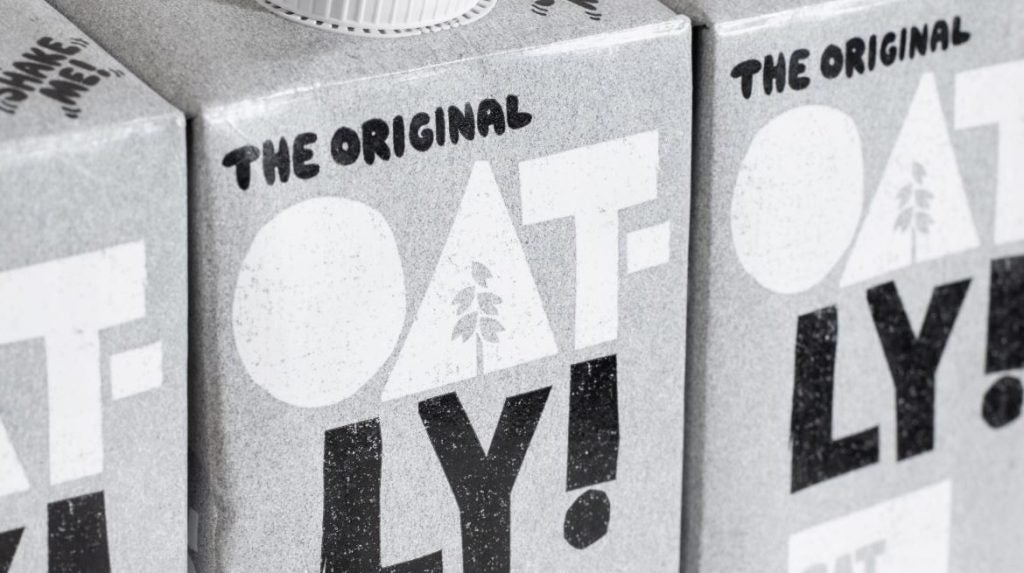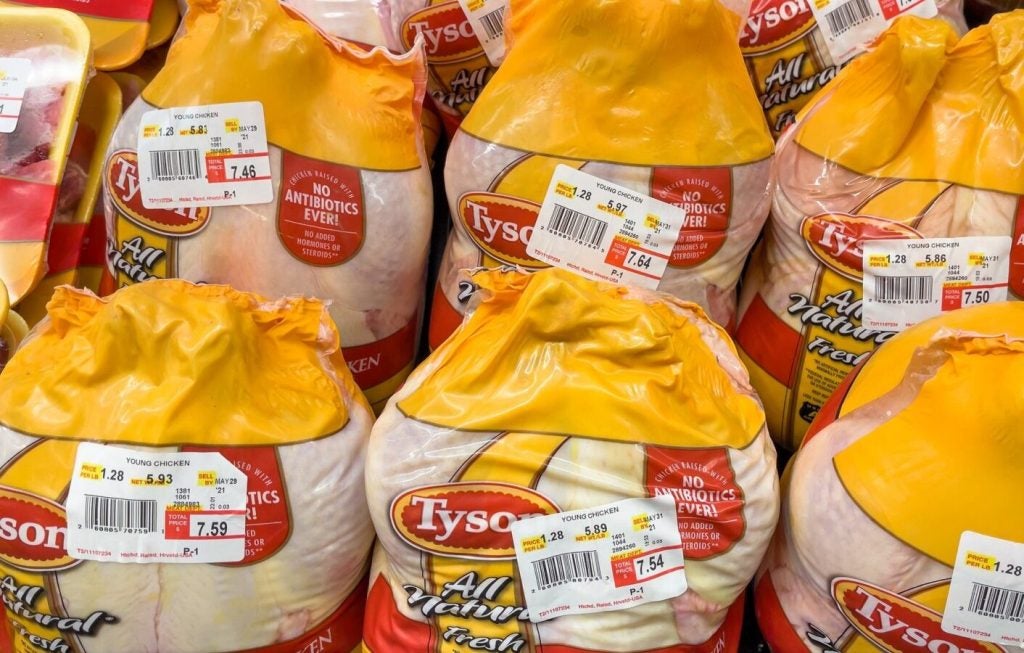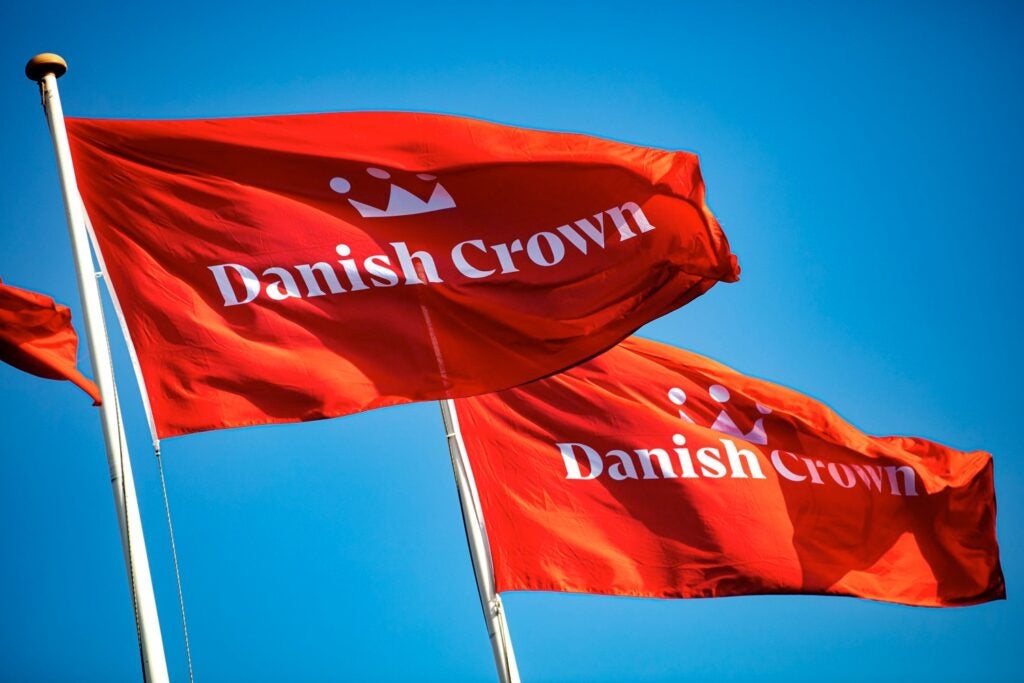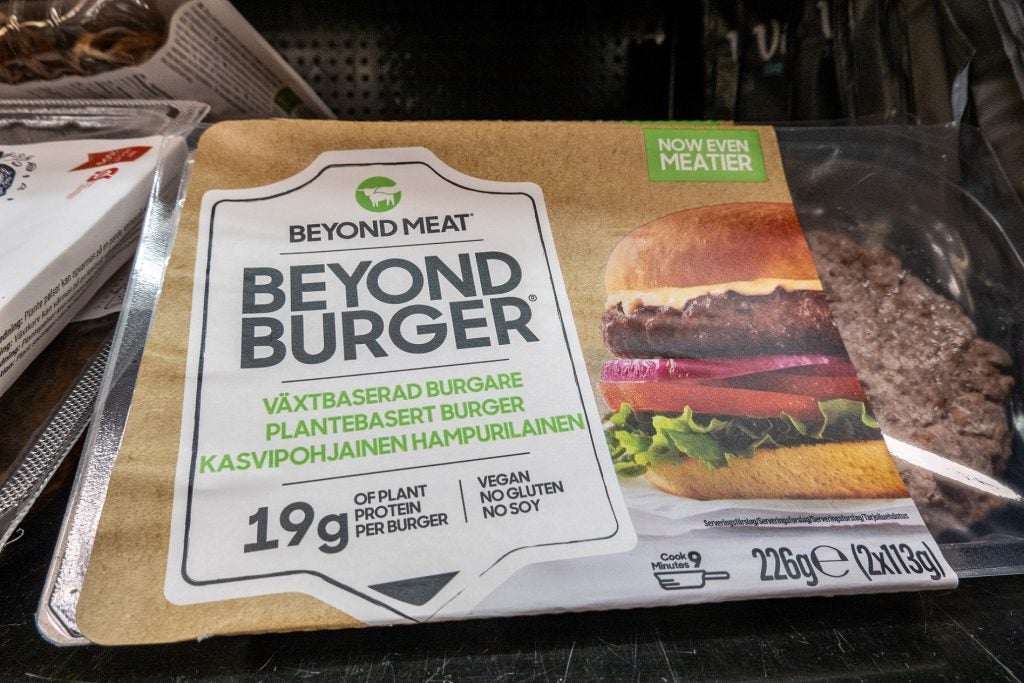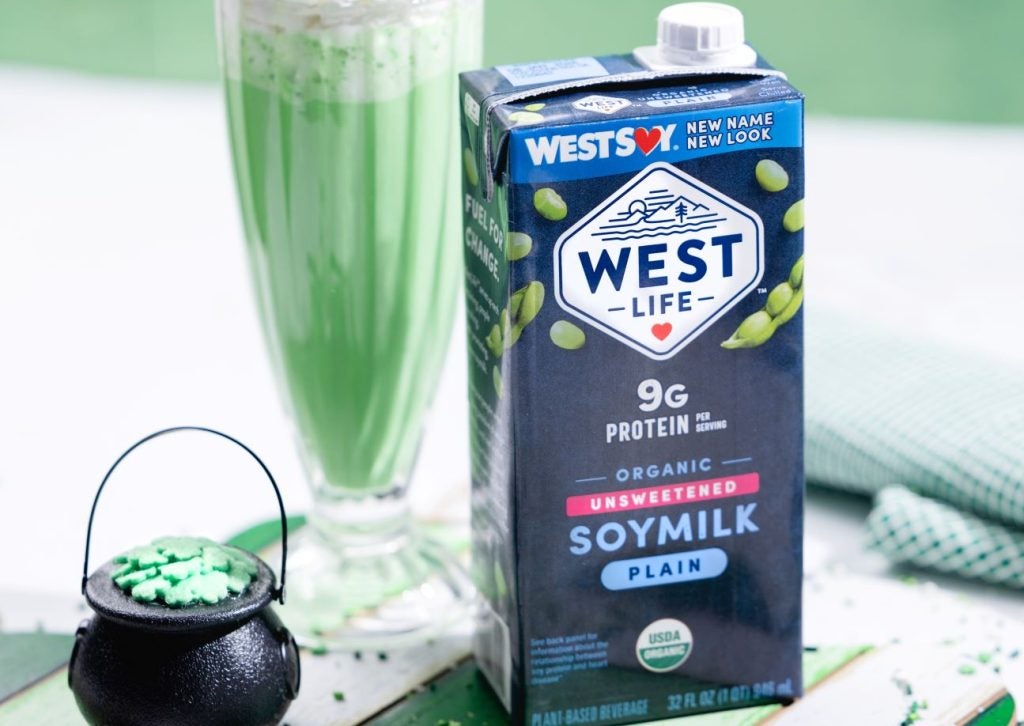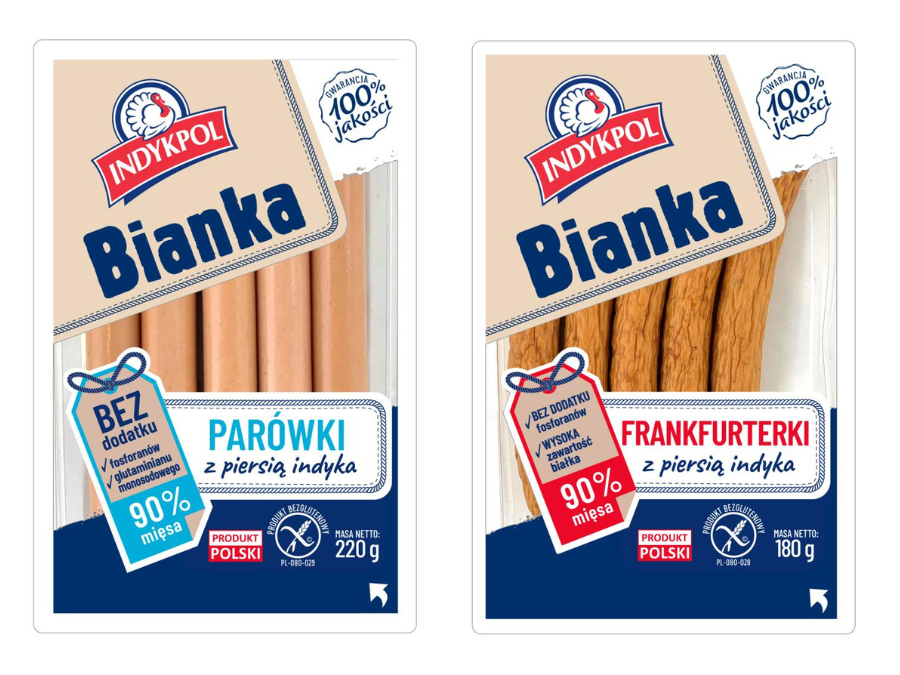Swedish oat dairy alternatives giant Oatly is to desist from the building of new production facilities for its EMEA and Americas segments.
The news came following the release today (9 November) of the company’s third-quarter and nine-month financial results.
Oatly’s 2022 annual report shows the company had three sites “under construction or in the planning stage” – one in the UK town of Peterborough, another in the US city of Fort Worth and a third in China.
The company said it will likely be subject to restructuring and other exit charges ranging between $40 to $50m.
It also expects to see non-cash impairment costs of $110 to 150m.
Oatly said “discontinuing construction” of the new facilities would “increase operational focus, reduce complexity” and cut down on the need for capital expenditure.
Jean-Christophe Flatin, Oatly CEO since May 2023, said the company has chosen to focus on an “asset-light strategy”, following “a detailed review of our supply chain networks in both regions”.
He added the group had “found ways to service the growing demand by expanding capacity at our existing facilities in a more gradual manner”.
Oatly has already made moves to change its manufacturing network. In January, it entered “a long-term strategic hybrid partnership” with contract food and beverage producer Ya Ya Foods for its production in North America.
In the third quarter, the company’s revenue hit $187.6m, a 2.5% increase year on year. Revenue growth in retail was “partially offset by declines in the foodservice and other channels” when compared with the same period in 2022.
EMEA revenue increased 23% to $101.8m. Sold volume in the region was also up by 6.3%, powered mostly “by continued solid growth” in its key markets as opposed to new market expansion.
Revenue in the Americas saw a 3.6% decline compared to the same period last year, going down from $60.7m to $58.5m. Sold finished goods volume decreased by 5.6% to 34 million litres. Oatly pointed to lower volumes in foodservice that were “partially offset” by volume growth retail.
The company logged an adjusted EBITDA loss of $36m, a $46.7m improvement compared to the year prior.
Oatly booked an operating loss of $67.3m, versus one of $104.4m in the third quarter of 2022.
However, the company posted a net profit of $44.1m, against a loss of $107.9m a year earlier. It was helped by an increase in finance income.
In its second quarter, Oatly had predicted revenue growth on a constant currency basis for 2023 to sit between 7% and 12%. Following its latest financial results, it said it thought revenue growth would reach “the low end” of this range.
This marks a stark contrast to its outlook in the first financial quarter, where it forecasted 23% to 28% revenue growth compared to 2022.
The company announced this slash to its sales outlook earlier in July, causing its shares to drop nearly 29% in New York trading – the biggest fall it had seen since the stock began trading in May 2021.
Commenting on Oatly’s latest results, Flatin remained positive. He said: “Our profitability exceeded our internal expectations and improved sequentially in each segment. We are clearly starting to see the positive impacts of the bold actions that we have been taking over the past year, and we remain on track to achieve profitable growth in 2024.”


